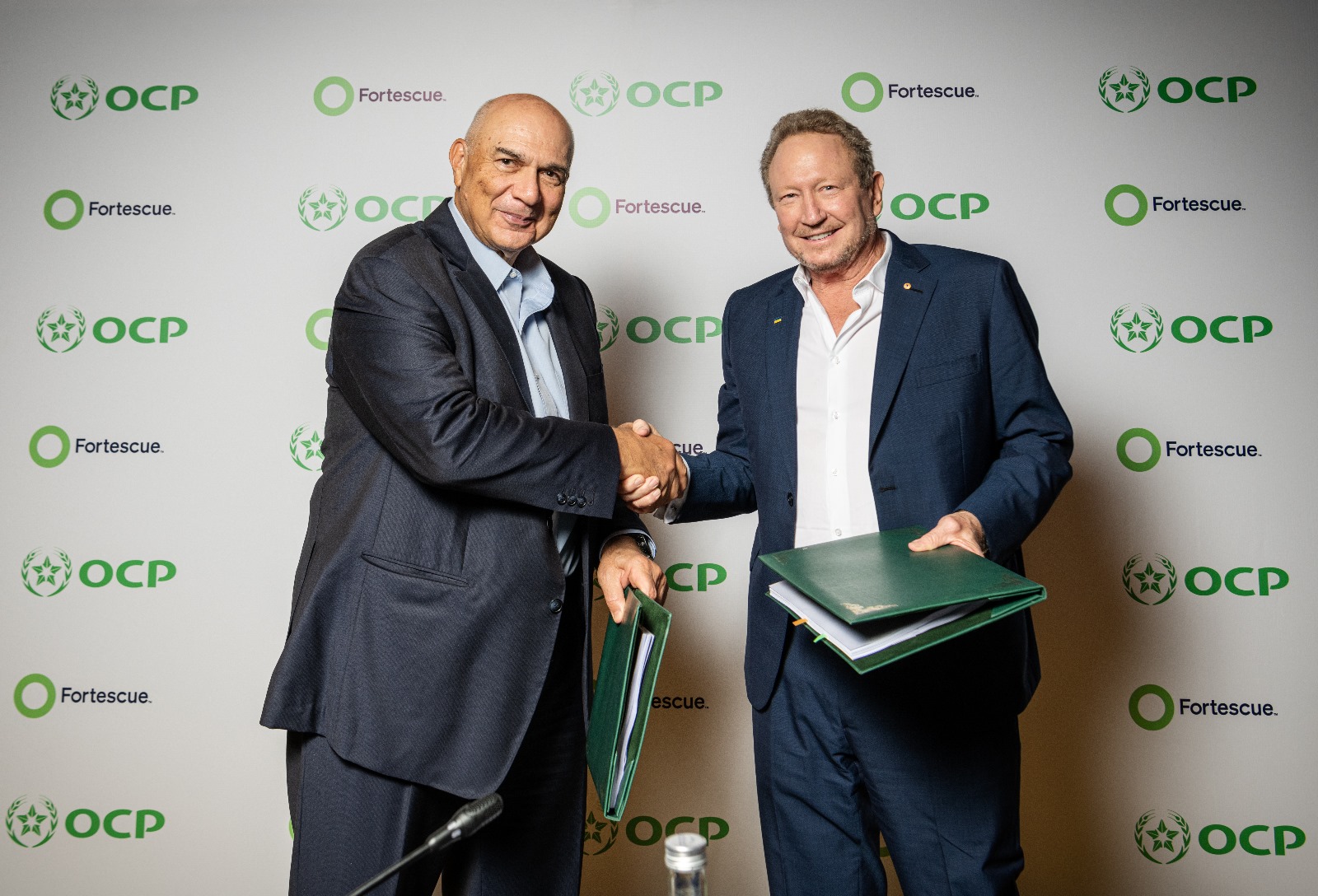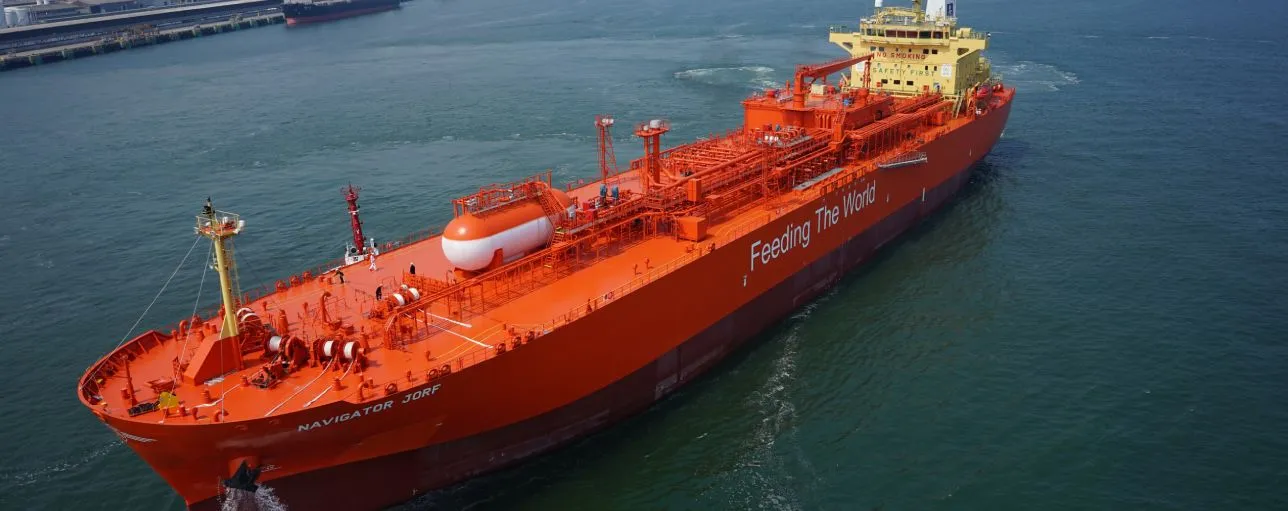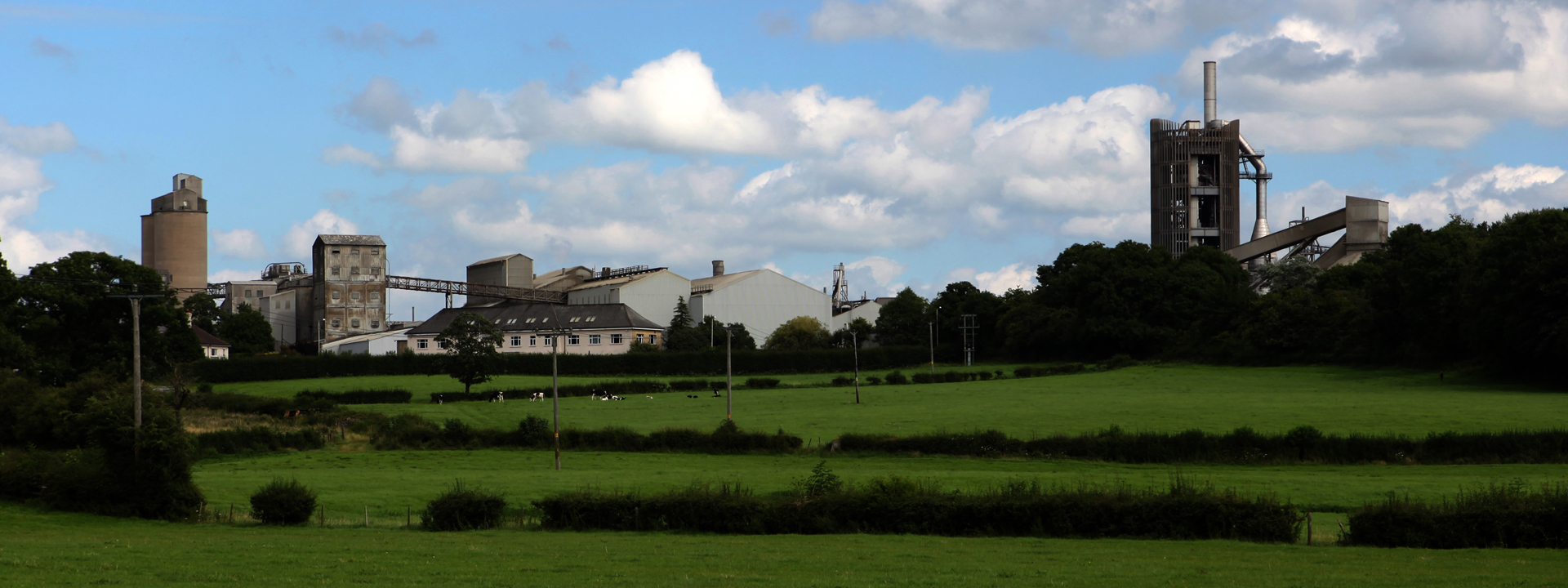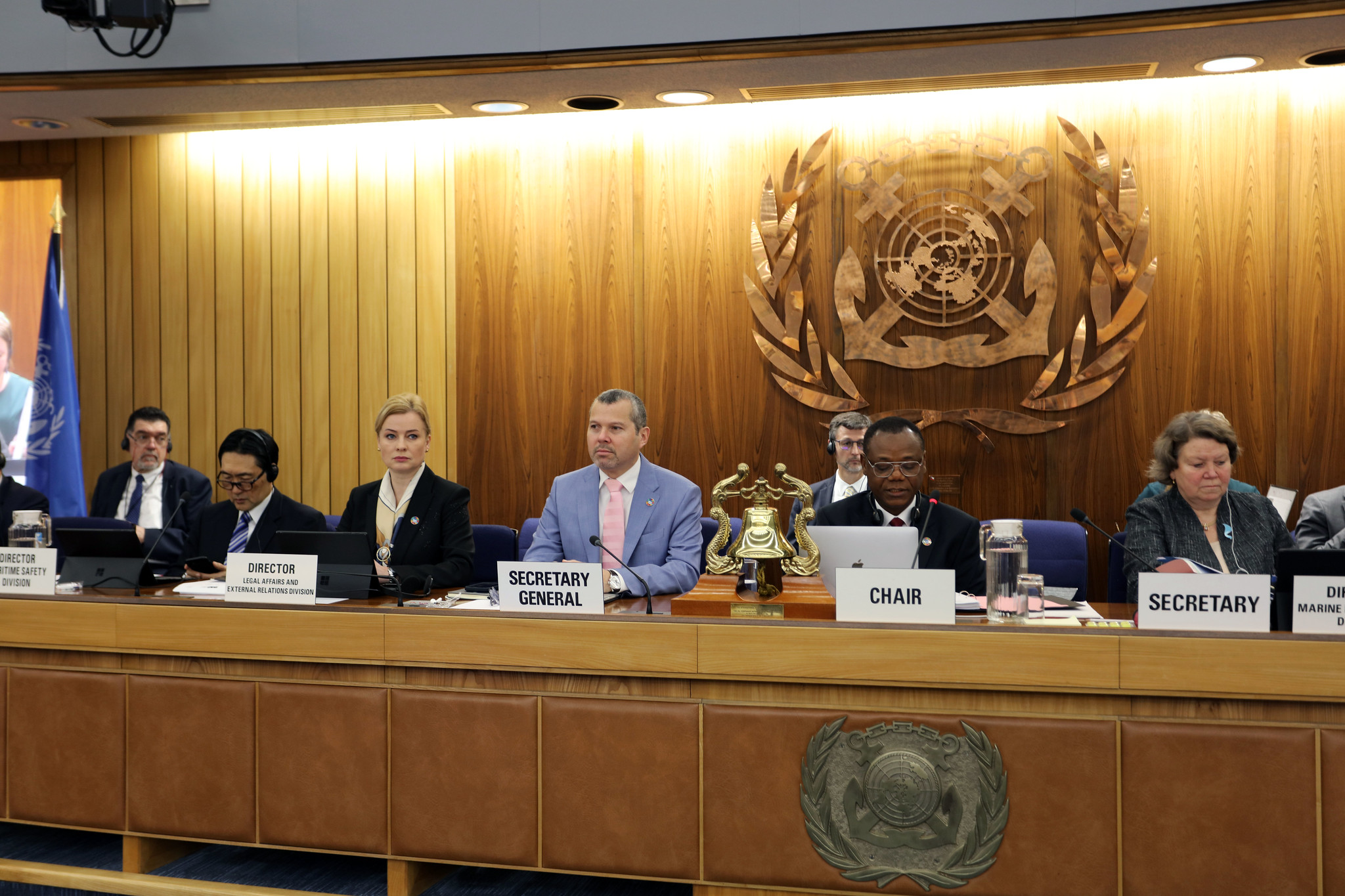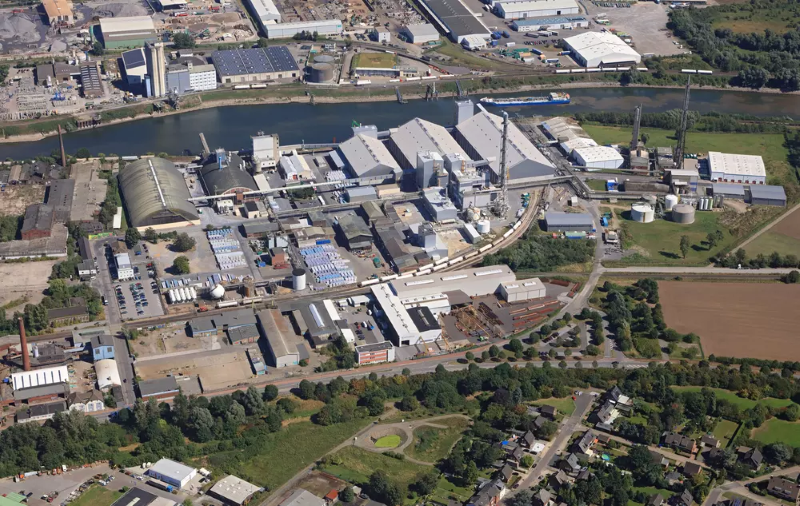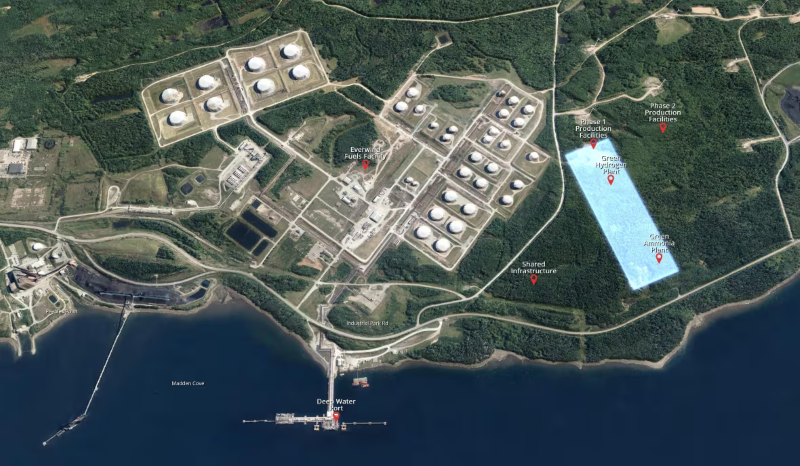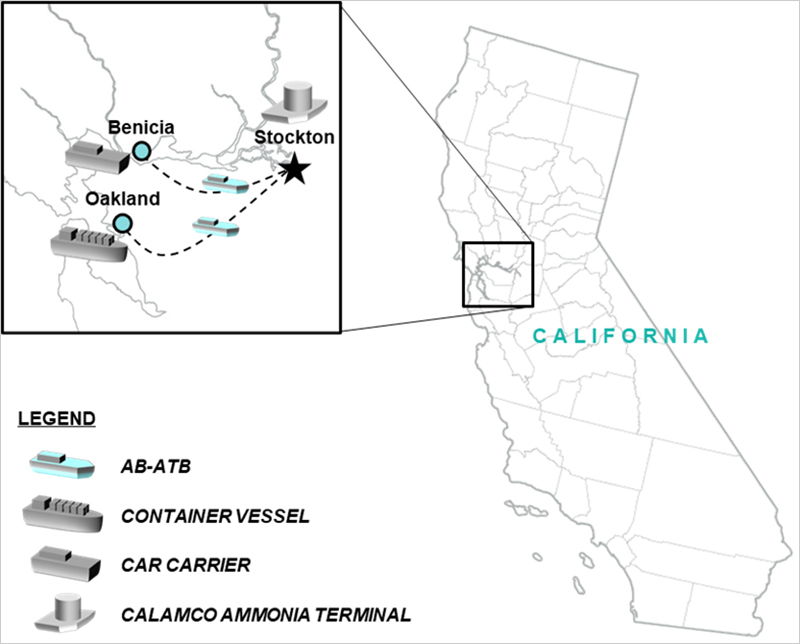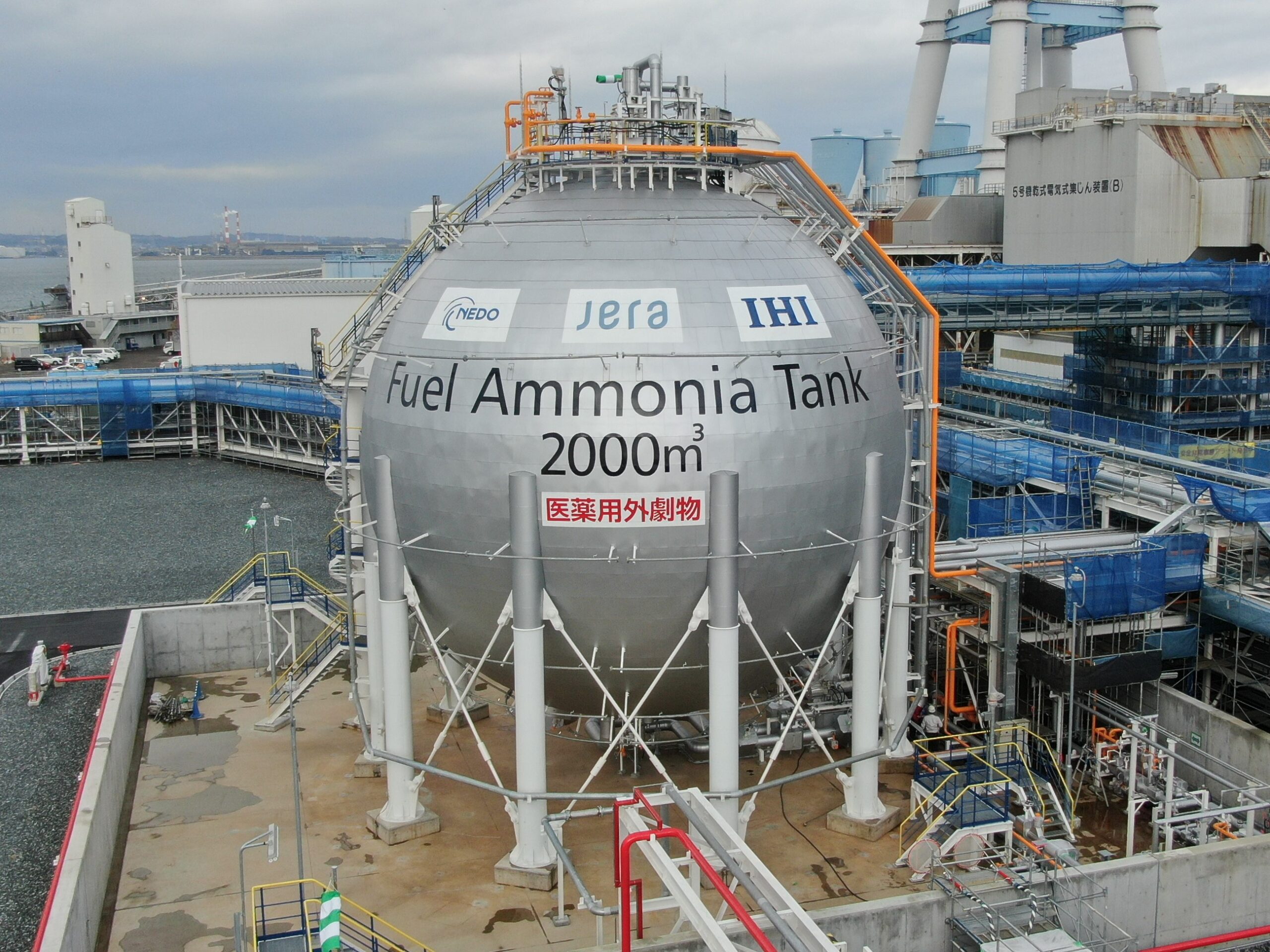OCP & Fortescue: hydrogen and ammonia production in Morocco
The joint venture between Fortescue and OCP will supply hydrogen, ammonia and fertiliser to the Moroccan market and beyond. Meanwhile in Australia, Fortescue’s recently opened electrolyser production facility will produce 2 GW of PEM electrolysers per year.
